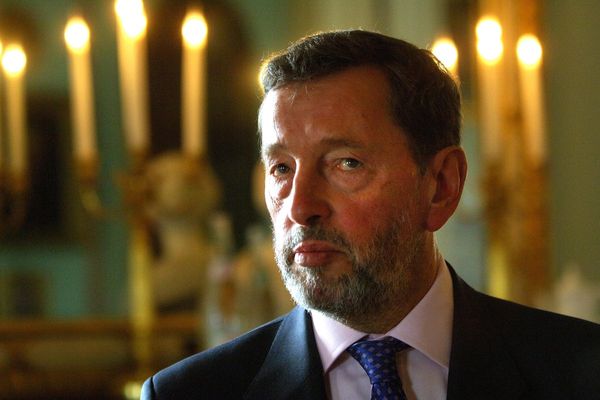
Narayanganj (Bangladesh) (AFP) - Bangladesh police shot dead a young activist and injured dozens more Thursday after firing on a demonstration against power cuts and food price hikes, officers and protesters said.
Public anger has intensified over lengthy blackouts in the South Asian nation, which is struggling to pay for enough imported diesel and gas to meet electricity demand.
The opposition Bangladesh Nationalist Party (BNP) had called a rally in the industrial city of Narayanganj, near the capital Dhaka, to protest increasing economic hardships.
Party spokesman Shakhawat Hossain said around 5,000 of its supporters were in the crowd when officers attacked.
"Police charged batons at our peaceful rally.They then opened fire.One of our youth activists was shot dead," Hossain told AFP, adding that the victim was 25 years old.
Police confirmed the death to AFP but did not offer any further details.
A doctor at the city's main state-run hospital told AFP that the man had been brought to the emergency ward and died of gunshot wounds.
"The dead person had been shot in his chest," he said, adding that 20 others were being treated for gunshot injuries.
According to Hossain, at least 100 opposition demonstrators had been injured in the incident, including one person who had been shot in the eye.
At least two other opposition protesters have been killed in the cost-of-living protests since late July, when the government of Prime Minister Sheikh Hasina raised fuel prices and introduced nationwide power rationing.
Rising grocery costs have hit household budgets hard, with consumer inflation above seven percent in July.The government this week pledged to cap the price of several staples, including rice.
Bangladesh has asked the International Monetary Fund for $4.5 billion in support to ride out the financial shock of volatile energy prices, triggered by Russia's February invasion of Ukraine.
Tens of thousands of mosques around the country have been asked to curtail the use of air conditioners to ease pressure on the electricity grid, with power shortfalls compounded by a depreciating currency and dwindling foreign exchange reserves.
Diesel power plants across the country have been taken off the grid, while some gas-fired plants are also idle.







